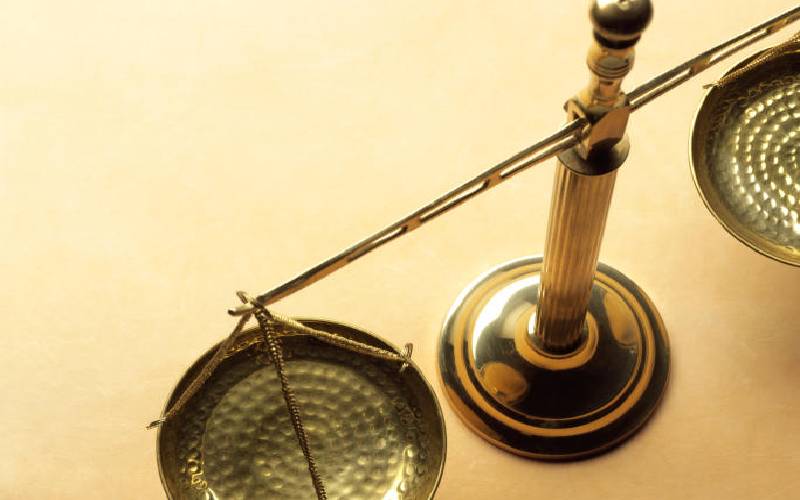×
The Standard e-Paper
Home To Bold Columnists

Corruption; the misuse of entrusted power for private gain is a societal ill that has plagued our nation since independence. It is mostly endemic in the highest echelons of public office. As the dust settles on the attempted impeachment of Kirinyaga Governor Anne Waiguru, it is clear that there is a certain bias by the general public when women are involved in the vice or face accusations.